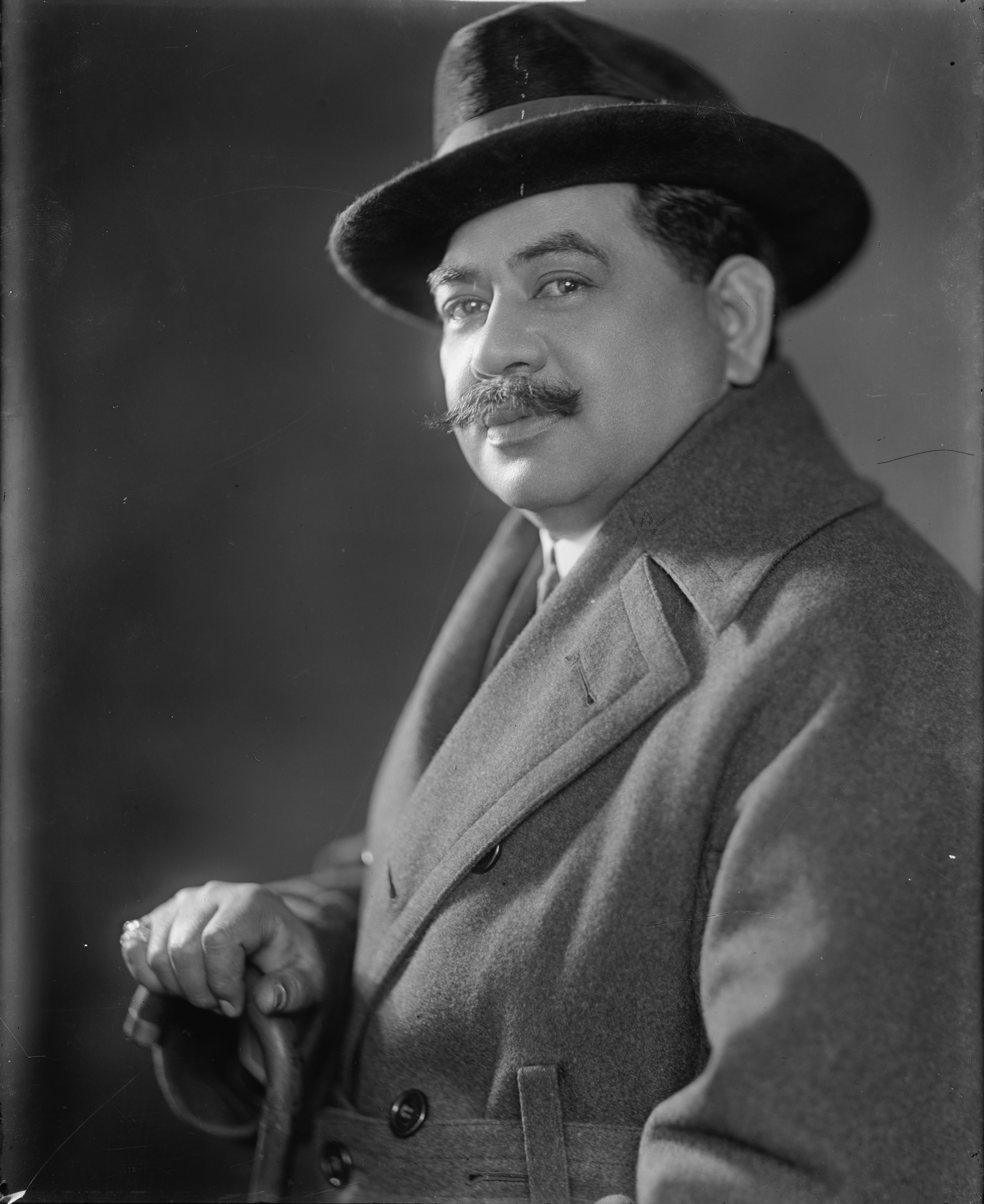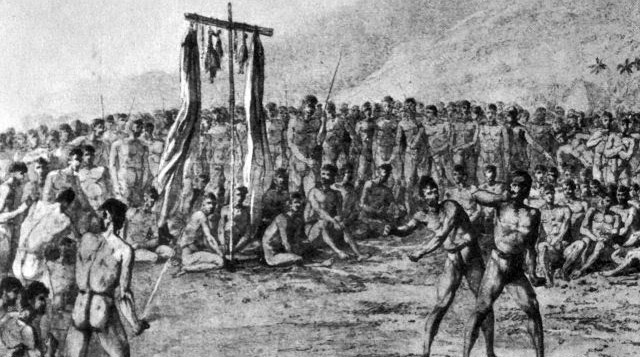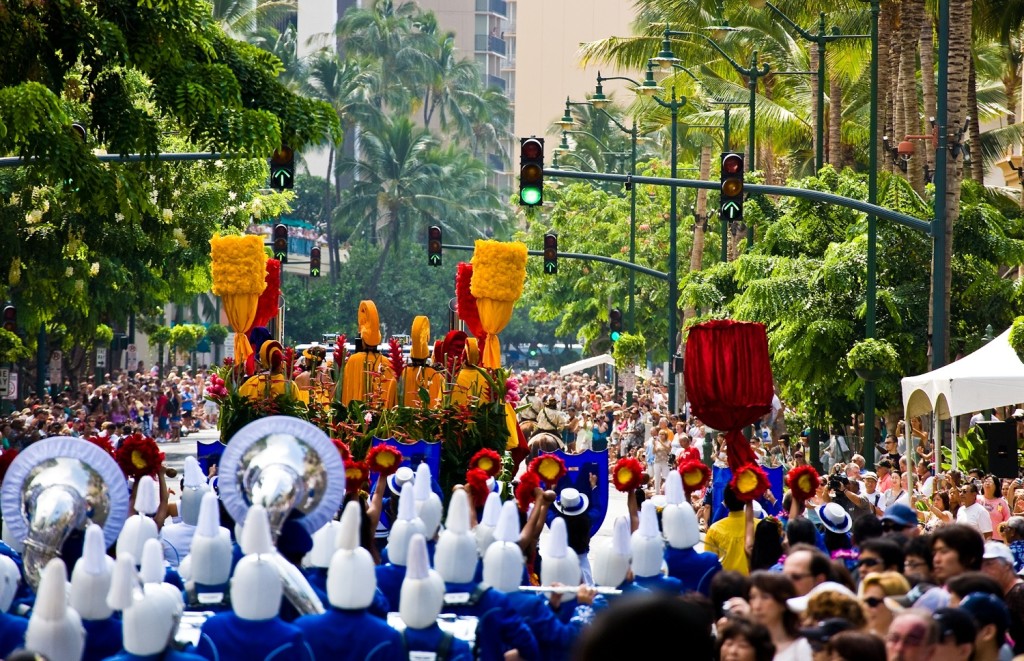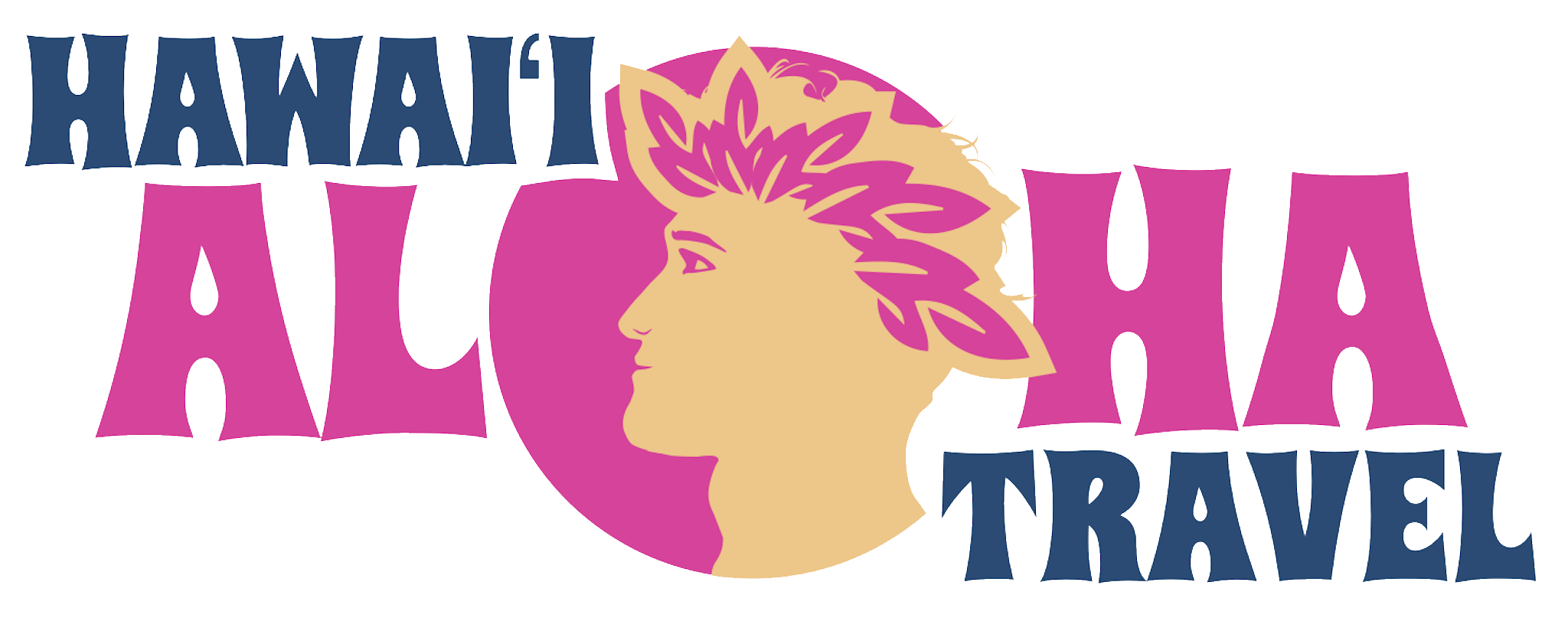Did you know there is a unique set of Hawaii Holidays that are observed only in the Aloha State? This surprised me when I first moved to the islands. Kids get a few extra days off school to honor these local days, but there’s more to it than a day out of class.
In fact, these holidays commemorate significant moments for Hawaii as a state, a kingdom, and a culture. And if you’re lucky enough to visit during one of these dates, you may be treated to unique celebrations!
So, let’s round up the Hawaii Holidays you should know about. Some of these are official state holidays, while others are unofficial ones that are still widely celebrated in Hawaii. Read on to learn more!
Official Hawaii State Holidays
Here are the official state holidays that are unique to Hawaii.
Prince Jonah Kuhio Kalanianaole Day
March 26

Prince Jonah Kuhio Kalanianaole Day (or, simply Prince Kuhio Day) is the first of Hawaii’s unique state-observed holidays.
Prince Kuhio is most famous for creating the Hawaiian Homes Commission Act, which set aside land for Native Hawaiian Homesteads. While the system is far (far, far, far) from perfect, it has still helped provide housing and farmland for thousands of Native Hawaiian families.
In addition to his Hawaiian Homes Commission Act, Prince Kuhio also served as a nonvoting delegate to the U.S. House of Representatives and created the Hawaiian Civic Club.
He was born on March 26, 1871, so his holiday aligns with his birthday. In the days surrounding March 26, you may see parades, festivals, and shows in his honor.
King Kamehameha I Day
June 11
If you’re in Hawaii for any amount of time, you’ll likely hear of King Kamehameha I. He’s mentioned a lot because he’s the ruler who brought all the Hawaiian islands together under one kingdom.
Kamehameha may be one of the most fascinating figures in world history, and it’s a shame more Mainland textbooks don’t explore his life and accomplishments.
But, in Hawaii, he’s mentioned widely throughout most island tours and museums. And on June 11 each year, the state honors him with his own holiday.
This is a good chance to find a Hawaii parade or attend an authentic hoʻolauleʻa, which is a Hawaiian festival with hula, food, vendors, and games.
Statehood Day
The Third Friday in August
Statehood is a controversial concept in Hawaii, but it still has its own holiday. Each year, on the third Friday of August, school gets out to commemorate Hawaii’s 1959 admission into the United States.
Statehood Day doesn’t receive much fanfare, so don’t expect any parades or festivals. The holiday slides mostly under the radar or meets a bit of resistance since Hawaii’s statehood is so controversial.
Other Unique Hawaii Holidays
Hawaii also unofficially observes a host of other holidays. Some of them honor significant people in history, while others celebrate a unique aspect of Hawaiian culture. Check them out below!
Makahiki
Seasonally Around November Through February
Ancient Hawaiians had their own New Year festival dedicated to the god Lono. In Hawaiian lore, Lono is the god of fertility and peace, and Hawaiians honored him during his Makahiki months with offerings and celebrations.
One of the most notable traditions during Makahiki that carry on today is competitive games. Schools and communities across Hawaii still have Makahiki festivals marked by a set of competitive games, like wrestling, spear-throwing, and tug-of-war.

Merrie Monarch
The Week After Easter
Each spring, for one week, the small town of Hilo goes big – really big. This is the Merrie Monarch Festival – a celebration of hula, Hawaiian customs, and song.
The most defining part of Merrie Monarch is its hula competition. But there is also a parade, lots of crafts, and celebrations throughout the town. It brings in hordes of visitors – both hula competitors and worldwide fans. And many Hawaii residents will clear their schedules that week to watch the hula broadcasts from home.

Merrie Monarch honors King David Kalākaua, the last king of Hawaii. During his reign, Kalakaua perpetuated a resurgence in the Hawaiian language, arts, and hula, which was often discouraged by missionaries. His nickname was the Merrie Monarch.
May Day
May 1 (and the First Week of May)
Hawaii May Day is often called “Lei Day” because it’s primarily about giving and receiving lei. How cool is that?
The biggest May Day celebration is at Kapiolani Park in Waikiki, where there is a pageant, games, crafts, and food. If you’re visiting on May 1, you should definitely check it out and come see the Lei King and Queen in person.
Locals also treasure May Day because schools typically hold their own pageants and programs to honor the day. It’s a big deal for keiki, as it’s their chance to sing songs, dress up, and honor Hawaii. Parents come out to witness the programs, as the students and teachers work really hard to prepare for it. They definitely treat it like a Hawaii holiday!
Hawaiian Flag Day
July 31
America has a Flag Day, but did you know Hawaii has its own day dedicated to the Hawaiian flag?
In 1990, Hawaii’s government signed a proclamation that designated July 31 as Hawaiian Flag Day. He also dedicated the day to Lā Ho‘i Ho‘i Ea, or Restoration Day. It honors a day in 1843 when the Hawaiian Kingdom received restored sovereignty after a five-month takeover by British forces.
During that takeover, Hawaiian flags were destroyed, so the day marks an important moment for both the kingdom and the flag.
Aloha Festivals
Throughout September
Aloha Week began in the 1940s as a way to celebrate Hawaii’s unique traditions – especially music and hula. Today, it’s called Aloha Festivals, and it’s the largest celebration of Hawaiian culture.
The festival is marked by three unique events that typically occur on separate Saturdays during September. First, there’s an opening ceremony, then the huge Hoʻolauleʻa block party, and then a beautiful floral parade in Waikiki.

There’s hula, food, music, and special presentations. Though the official Aloha Festivals occur on Oahu, other islands often have their own festivals that align with the main event.
So while Aloha Festivals isn’t an official Hawaii holiday, it’s a great chance to honor the islands’ unique culture.
National Pearl Harbor Remembrance Day
December 7
The bombings at Pearl Harbor were one of the biggest tragedies in American history. And the Pearl Harbor Memorial site in Honolulu is one of the state’s most visited attractions.
U.S. Congress designated the December 7 day of remembrance, but the official gathering takes place here in Hawaii.
Veterans and visitors from around the world gather at Pearl Harbor each year on December 7. There’s a special ceremony and other events that honor the lives lost in the 1941 bombings.
How Hawaii Celebrates National Holidays
Maybe you’ll be in Hawaii during a national holiday and wonder how you can celebrate. Here are a few unique ways that Hawaii celebrates America’s holidays.
New Year’s Eve: A Big Hawaii Holiday
New Year’s is a big time in Hawaii – arguably the most important holiday for many locals. It’s marked by special foods, large gatherings, and huge firework displays. Home fireworks shows light up the Hawaii skies like nothing else – I’ve never seen celebrations like this anywhere.
Hauʻoli Makahiki Hou means Happy New Year in Hawaii – be sure to learn it if you’ll be on the islands during this festive time.
Fourth Of July: A Quieter Holiday
The Fourth of July (American Independence Day) isn’t a widely celebrated holiday in Hawaii. Mainly because many locals and Hawaiians don’t really consider the islands part of the United States, and certainly not a part of the nation’s greater history.
It’s not entirely ignored, though. Many people get the day off work, so the beaches will be crowded with family gatherings and barbecues. And be careful driving at night – kids shoot fireworks in the street even before dark.
There are also a few small parades and community firework shows, but it’s definitely not as big as New Year’s in Hawaii.
Discoverers Day / Indigenous People’s Day: An Answer to Columbus Day
Many mainlanders think the (much warranted) pushback against Columbus Day is a relatively new idea. But Hawaii hasn’t observed Columbus Day since 1970.
Beginning in 1971, the state instead observed Discoverers’ Day, which honors the Polynesian and Pacific navigators who first came to Hawaii centuries ago. It was an official state holiday until 1988.
Now, despite a push for Hawaii to officially honor Discoverers Day or Indigenous Peoples Day, it remains only a federal holiday here.
Honoring Holidays in Hawaii
So, what do you think? Will you be making your way to Hawaii for any of the state’s unique and meaningful holidays?
Local celebrations are a great way to immerse yourself in Hawaii’s culture while supporting local artisans, businesses, and performers. Plus, you can discover some of the most delicious food and beautiful music out there.
Need help planning your Hawaii vacation any time of year? Hawaii Aloha Travel can help put together a vacation plan that highlights the unique beauty of the islands.




